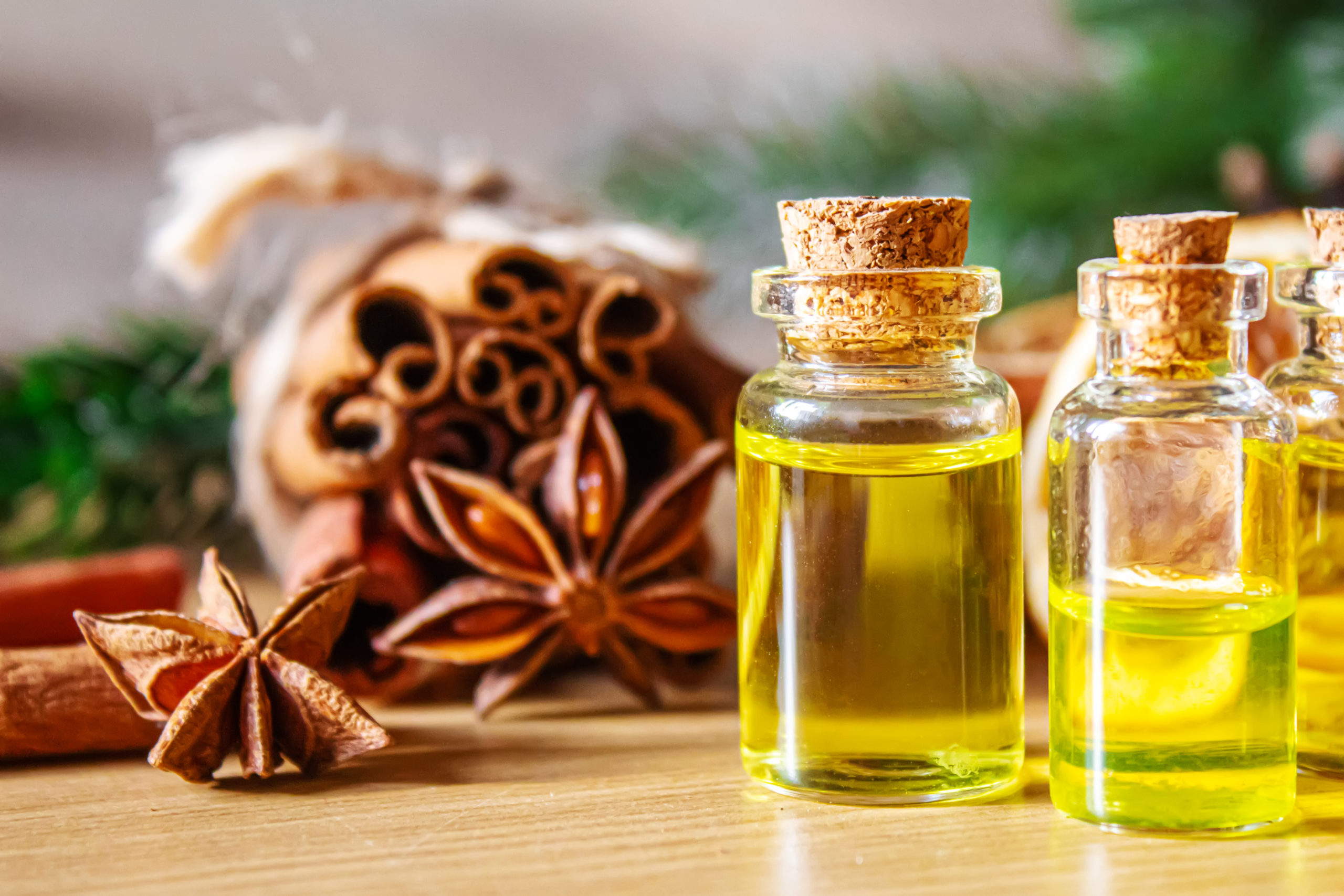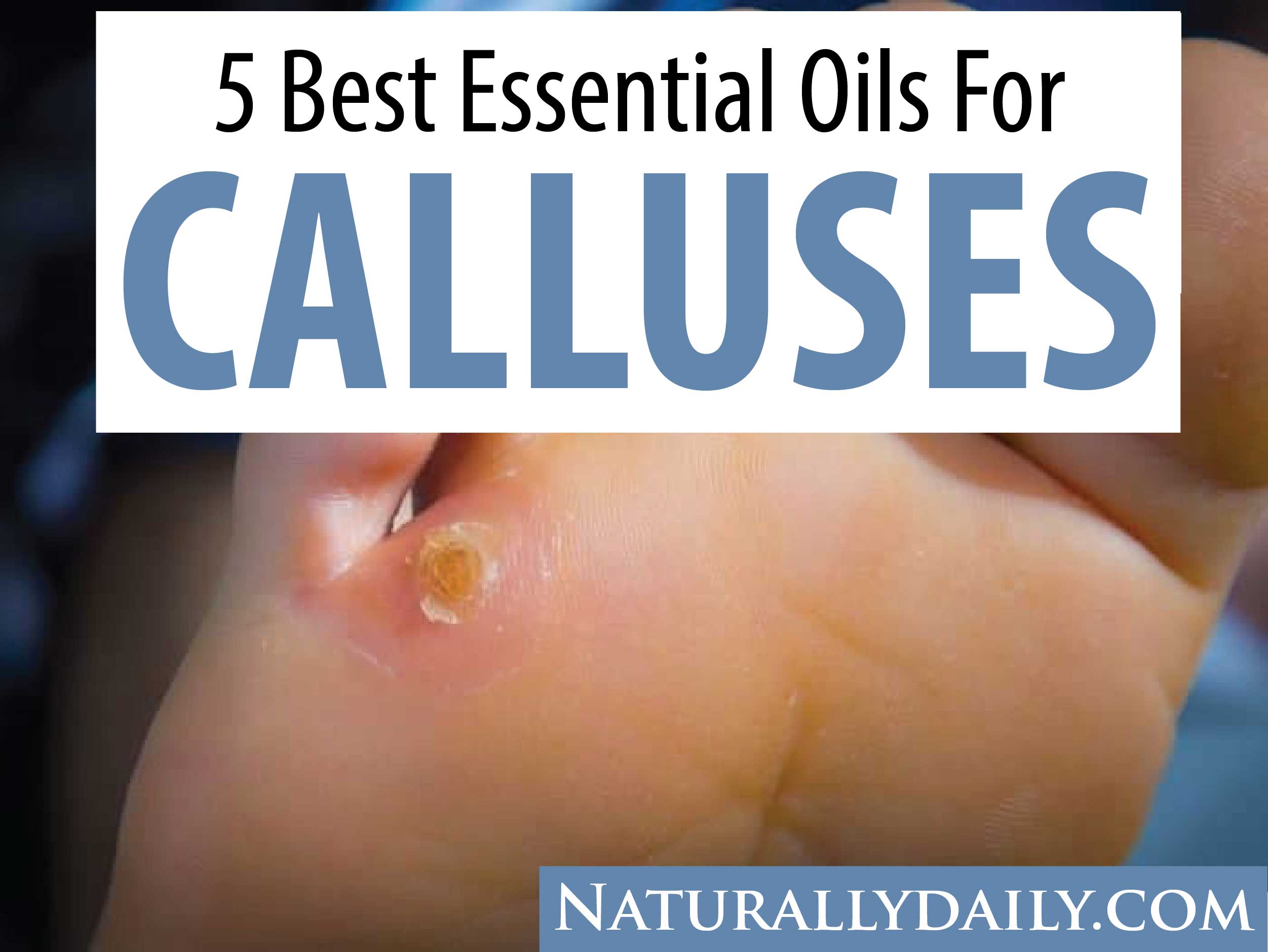How many times have you used anise oil for health purposes?
If you’re like most people, you’ll probably say that you’ve never tried using this oil.
That’s understandable.
Compared to essential oils like lavender or peppermint, anise oil health benefits may not be as popular. Want to learn more about this therapeutic oil?
Read inside:
- What is anise oil?
- What are the health benefits of anise oil?
RELATED: 12+ Copaiba Essential Oil Uses and Benefits (Science-Backed)
What is Anise Oil?
Anise oil is derived from the herbal plant anise originating from the Mediterranean region is highly medicinal [1].
Since the middle ages, anise has been used to treat jaundice, cough, epilepsy, cancer, and many more [1].
It was in the 16th century when the “first legal certification of anise oil” was made [1].
Over the years, its use has also spread to other parts of the world including France, Spain, Germany, North Africa, China and Chile [1].
This only goes to show that you should consider using anise oil more often.
Below, you’ll find out more about the practical uses and health benefits of the oil extracted from anise.
1. Anise Oil Prevents Cancer
Compared to western countries, cancer rates in India are much lower [2].
Many believe that this is due to the high consumption of spices that are said to have anti-cancer activities.
A study published in The Open Nutraceuticals Journal revealed that Indian favorite anise has apoptotic and anti-proliferative effects on cancer cells [2].
Another study points out that anise fights cancer not only by reducing oxidative stress but also by increasing anti-carcinogenic enzymes in the body [3].
These findings can pave the way in developing new anti-cancer medications, and eventually, help in lowering cancer incidence not only in India but also in other parts of the world.
As you know, despite advancements in medical technology, cancer remains as one of the leading causes of death worldwide.
Key Takeaways:
- Anise oil prevents cancer with its apoptotic and anti-proliferative properties that prevent cancer cells from spreading.
- It also boosts the production of enzymes that kill cancer cells.
RELATED: 11 Essential Oils for Cancer That You Should Know (Backed by Evidence)
2. Anise Oil Can Help Control Convulsions
An episode of convulsion can be terrifying.
A person having a convulsion experiences uncontrollable shaking of the body, temporary blackout, loss of bladder or bowel control, and drooling [4].
While fever is the most common cause, a convulsion can also be a sign of a problem in the brain or chemicals in the blood [4].
An effective way to control convulsions is with anise, which according to studies have anti-convulsive effects as well as neuroprotective properties [5, 6].
In a laboratory experiment conducted in Shaheed Beheshti University of Medical Sciences in Iran, it was found that anise oil “suppressed tonic convulsions” in mice subjects induced by maximal electroshock (MES) or pentylenetetrazole (PTZ) [5].
Researchers noted however that caution should be given when using this oil as it caused impairment in rats when given in large doses [5].
The good news is, you don’t need large doses for its anticonvulsant properties to take effect [5].
Key Takeaways:
- Anise can help control convulsions with its neuroprotective and anti-convulsive properties.
- It should be noted that anise oil cannot be used in large doses as it may have a negative effect on one’s motor function.
- Fortunately, it is still highly effective as an anticonvulsant even when used in small doses.
3. Anise Oil Can Relieve Asthma Attacks
Some people don’t look at asthma as a serious disease, but did you know that it is potentially fatal?
There had been cases wherein extreme difficulty in breathing has led to death.
If you’re constantly experiencing wheezing or chest congestion, it’s possible that you have asthma, and you should be treated immediately.
This condition is more common than you think
Characterized by the narrowing of the airways, asthma affects over 25 million people in the United States [7, 8].
To get relief from chest tightness, shortness of breath, coughing and other symptoms caused by this lung disease, make use of anise oil.
A 2001study that can be found in the Journal of Ethnopharmacology reported that anise can effectively dilate the bronchial tubes or airways to make it easier for the person to breathe [9].
Key Takeaways:
- Asthma is a serious respiratory ailment that should never be ignored.
- It can cause difficulty in breathing, wheezing, chest tightness and coughing.
- These symptoms can be relieved using anise, which has bronchodilatory effects.
RELATED: 9 Best Essential Oils for Asthma Attacks + (How to Use Them)
4. Anise Oil Treats Respiratory Disorders
One of the remarkable benefits of anise oil is its ability to treat all forms of respiratory disorders. The oil is a rich source of expectorant properties. Hence anise oil can easily loosen or break up the accumulated phlegm or mucus in the respiratory tracts.
An overproduction of mucus or phlegm may result in nasal or chest congestion with painful symptoms such as cough, difficulty in breathing, asthma wheezing, etc.
A topical application or massage with anise oil can relieve respiratory problems overnight. Moreover, you can use the oil through steam therapy or diffuse it in the room and clear your respiratory passage ways.
Key Takeaways:
- Anise oil contains powerful expectorant properties.
- The oil can break up and help release accumulated phlegm to relieve respiratory disorders.
RELATED: 12 Essential Oils for Sinus Infection, Congestion, & Headaches
5. Anise Oil Can Heal Gastric Ulcers
Do you often experience severe abdominal pain particularly before or after eating?
When painful lesions form in the lining of your stomach, it means that you have ulcer [10].
This is typically caused by an infection of the bacterium Helicobacter pylori [10].
This condition can be extremely painful, and should therefore be treated immediately.
In a clinical trial performed in the College of Medicine in King Saud University in Saudi Arabia, rat subjects were induced with ulcer-causing chemicals [11].
After this, the rats were given anise suspensions in two doses: 250 mg/kg body weight and 500 mg/kg body weight [11].
The suspension was observed to have inhibited the damage in the gastric mucosa of the rats [11].
It also caused a dramatic drop in the secretion of basal gastric acid, which causes a stinging pain inside the stomach [11].
Anise has been confirmed to have positive effects on people with ulcer thanks to its antioxidant and cytoprotective properties [11].
Key Takeaways:
- One of the natural ways to alleviate the pain caused by ulcer is with the use of anise oil.
- Anise oil has cytoprotective and antioxidant properties that can help combat ulcer and its painful symptoms.
- It works by preventing damage in the gastric mucosa, and inhibiting the release of basal gastric acid.
RELATED: 11 Soothing Home Remedies for Ulcers & How to Use Them
6. Anise Oil Protects the Liver from Damage
The liver does a lot of important jobs for the body, including flushing out of toxins, fighting infections, and aiding in digestion, among many others [12].
So when the liver is damaged, the whole body suffers.
It’s important to prevent liver damage with the help of hepaprotective agents like anise oil.
Researchers from Turkey have discovered that anise can help prevent liver problems caused by toxic chemicals [13].
This clinical trial, which made use of rat subjects, reported that the animal group that received anise oil had significantly lower damage in their livers [13].
Key Takeaways:
- Protecting the liver is a must since it is in charge of many important bodily processes including digestion and detoxification.
- An efficient way to prevent liver damage is to make use of anise oil and other hepaprotective agents.
- Liver problems caused by exposure to toxic chemicals can be prevented by anise oil.
7. Anise Oil Can Alleviate Stomach Pain
Although stomach pain can cause great discomfort and make it difficult for you to carry on with your usual activities, it’s usually not serious and goes away on its own.
However, since it can make you feel queasy and uncomfortable, you would want to relieve it using natural remedies like anise oil.
Anise oil has been proven to have antispasmodic and relaxant effects on the stomach, reports a 2007 study [14].
It works by relaxing muscle contractions in the stomach, and deactivating substances that trigger this action [14].
These research findings justify the use of anise as treatment for stomach ache in folk medicine.
Take note, however, that since stomach ache can be caused by a number of things—diarrhea, bloating, irritable bowel syndrome (IBS), among many others—you also need to resolve this to stop the pain for good.
Key Takeaways:
- Anise has long been used as a remedy for stomach cramps.
- It has antispasmodic and relaxant effects that can relieve stomach pain.
- It’s also important to get to the bottom of the problem to get rid of the stomach ache once and for all.
8. Anise Oil Curbs Free Radical Damage
As you probably already know, free radicals cause many adverse effects on the body.
These by-products of the oxidation process can lead to premature aging and increase the risk of several serious ailments including heart disease, diabetes, and arthritis, among others [15, 16].
Don’t let free radical damage take a toll on your health.
You can do something about this by using anise oil.
It’s no secret that anise contains powerful antioxidants that can scavenge free radicals before they harm your health [17].
Key Takeaways:
- Free radicals cause premature aging and serious diseases.
- To prevent free radical damage, use antioxidant-rich anise oil that can inhibit the damage that they do inside the body.
9. Anise Oil Has Potent Antibacterial Properties
Yes, bacteria exist on human skin and internal system.
When you’re healthy, these microorganisms are kept under control and they don’t cause any harm.
However, when your immune system becomes weak, you may be susceptible to an overgrowth of bacteria that can lead to infection.
When this happens, bacteria can cause many kinds of diseases.
For instance, Staphylococcus aureus can cause staph infections, E. coli can trigger food poisoning, and Klebsiella pneumonia can bring pneumonia.
The good news is there are natural antibacterial agents that can work against these bacterial strains.
One of these is anise oil, whose efficacy has been proven in a 2008 study [18].
Researchers discovered that this oil has the ability to inhibit the growth and formation of many bacterial strains, including those that have just been mentioned [18].
It is therefore an efficient treatment and preventive measure for bacterial infections.
Key Takeaways:
- It’s normal to have bacteria on your skin and inside the body.
- It only becomes a problem when there’s an overgrowth of bacteria such as when the immune system becomes weak.
- This can lead to bacterial infection, and serious diseases.
- Combat ailments caused by bacteria using powerful antibacterials such as anise oil.
10. Anise Oil Can Combat Fungal Infections
Bothered by the fungal infections spreading on your skin?
Dermatophytes are a group of fungi that cause infections in the skin, nails and hair, according to Wikipedia.
Ringworm, athlete’s foot, jock itch, and nail infection are some of the most common types of fungal infections caused by dermatophytes.
One of the best natural remedies for these is anise oil.
Various studies have shown that anise oil has significant antifungal effects on dermatophytes [19, 20, 21, 22].
Croatian scientists evaluated anise oil’s efficacy as an antifungal using cylinder diffusion method and broth dilution method [19].
Their findings show that the oil is highly active against Candida albicans, Candida parapsilosis, Candida tropicalis, Candida pseudotropicalis and Candida krusei [19].
It also worked on other types of fungus such as Aspergillus niger and Aspergillus parasiticus [21].
Key Takeaways:
- Dermatophytes refer to a group of fungal species that infect the skin, nails and hair, causing athlete’s foot, jock itch and other fungal infections.
- This can be controlled with the use of a potent antifungal such as anise oil.
- It was discovered that this oil is capable of inhibiting the growth and spread of various Candida species.
RELATED: How Effective is Apple Cider Vinegar for Ringworm
11. Anise Oil Can Fight Viral Infections
Most people know that there are no medications for viral infections, and that the only way to be treated for these is to strengthen the body’s immune system.
However, in 2011, a group of researchers found that anise has antiviral properties useful for combating several viral infections [20].
They have discovered that anise has inhibitory effects of herpes simplex virus (both types 1 and 2), measles virus and human cytomegalovirus [20].
As you know, these viruses cause serious and alarming conditions that should be treated right away.
It’s a good thing simple remedies like anise oil are quite effective.
These scientific findings should pave the way for the development of antiviral medications using anise oil as a key ingredient.
Key Takeaways:
- Viral infections should be treated right away with simple but effective antivirals like anise oil.
- At the same time, you should work on to boost your immune system to make it easier for your body to combat the viral infection.
RELATED: 14 Home Remedies for Herpes That Work and How to Use Them
12. Anise Oil Can Provide Pain Relief
There are many types of pain: sharp, sudden, stinging, dull, throbbing and so on.
Pain can occur anywhere in the body.
Unless it’s chronic and affects your daily life, you can remedy it with natural analgesics like anise oil.
Scientists have confirmed that anise oil has pain-relieving effects on the body that’s just as strong as the effects of morphine and aspirin [21].
If the pain persists, you should go on to see a doctor, as it may signal the presence of an underlying medical condition.
You have to get to the bottom of the problem for you to get rid of it permanently.
Key Takeaway:
- Minor aches and pains can be relieved with the use of natural analgesics such as anise oil.
- If the pain does not go away after a few days, consult a medical practitioner to find out if there’s any medical condition causing your chronic pain.
Bottom Line
Lack of popularity doesn’t make an essential oil less useful.
Just as with other widely used essential oils, anise oil has many wonderful benefits for the health that should be taken advantage of.
Apart from resolving many kinds of ailments and infections, it can also help promote health and wellness.
We hope the amazing values of anise oil will transform your life for the better.
Write to us your experience of using this herbal oil. Stay wonderful!
READ MORE: 15+ Fascinating Uses & Benefits of Thieves Oil + Directions






